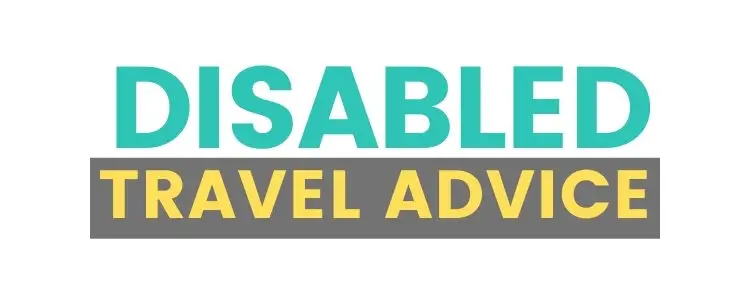Anyone travelling abroad can benefit from having a few words of the local language, but for disabled people it’s all the more important. Explaining your particular needs with simple vocabulary can be difficult. For some people with complex health conditions, successful communication can be a matter of life and death. For others, learning a new language presents problems of its own, but with the right approach you can adapt successfully to most situations.
Special Vocabulary
Beginners’ language courses and standard phrase books are unlikely to give you the language you need to talk about your disability. Before going on holiday, it’s good idea to research terms you are likely to need and make a list of them. Your local library or any large bookshop that stocks foreign language dictionaries can help. You can also use Google Translate, though it’s a good idea to double-check its suggestions by running searches on them.
Sometimes it can be hard to find medical terms you may need in dictionaries. In this case you can try looking for internet disability discussion forums used by people in the country you plan to visit, to see if they can help you. You can also ask your doctor for the Latin terms for illnesses or treatments. Doctors in other countries will often recognise these or be able to work out what they mean.
Plan for Action
When working out what words you are likely to need, don’t just think about describing your disability. Consider situations in which you might need to ask for assistance. For instance, you might need to be able to ask if a building has disabled access, and know the words for things like elevators and stairs.
Don’t limit yourself too much by plotting out every detail of your trip at the outset. Try to prepare extra vocabulary so that you can cope if things don’t go to plan, and so you have the freedom to do things on impulse.
Cultural Awareness
When you think about how you might handle different situations, it’s also important to be culturally aware. For instance, in some countries it is considered inappropriate for a woman to ask for physical assistance from a man she doesn’t know, even if it seems minor. Make sure you know who to talk to and how to approach such situations with respect for local customs.
Using Information Cards, Pictures and Signs
If you are not confident about speaking a foreign language or if you have a hearing impairment that makes it more difficult, using information cards and pictures can provide a useful alternative means of communicating. For instance, you might carry a card explaining what type of disability you have, with others explaining the help you might need in different situations.
One problem with information cards is that they can be unhelpful in countries where few people can read. In this case (and often in other cases) it can help to carry a sketchbook and pen. You can use this to draw pictures to help explain your situation. Try to do some thinking in advance about the sort of pictures that might be helpful given your particular difficulties.
If you use sign language, remember that this can vary from country to country. Many signs are intuitive but it’s possible to make embarrassing mistakes by assuming they’re all the same. It’s a good idea to learn how to begin a signed conversation by indicating which variant of sign language you normally use.
Language Challenges for Visually Impaired People
Trying to work around a visual impairment can present an extra challenge when learning a language. Fortunately there are an increasing number of low cost electronic tools available to help you with this. Pocket translators can let you store lists of words in auditory format so you can listen to them until you work out what you want to say.
Some mobile telephone apps are also available to help you learn language through sound alone. Ask your doctor to help you find out any medical terms you are likely to need, and record them for you.
Language Challenges for Dyslexic People
Dyslexic people learning a foreign language can use many of the same tools as blind and visually impaired people, but may face different barriers because other people can’t see that they have a disability. If you are used to using picture type signs to navigate the world because words are difficult, be aware that these can differ in other countries.
A good way to learn local signs is to read drivers’ guides and children’s picture books from the country you intend to visit. You can also find helpful guides for many countries on the internet.

